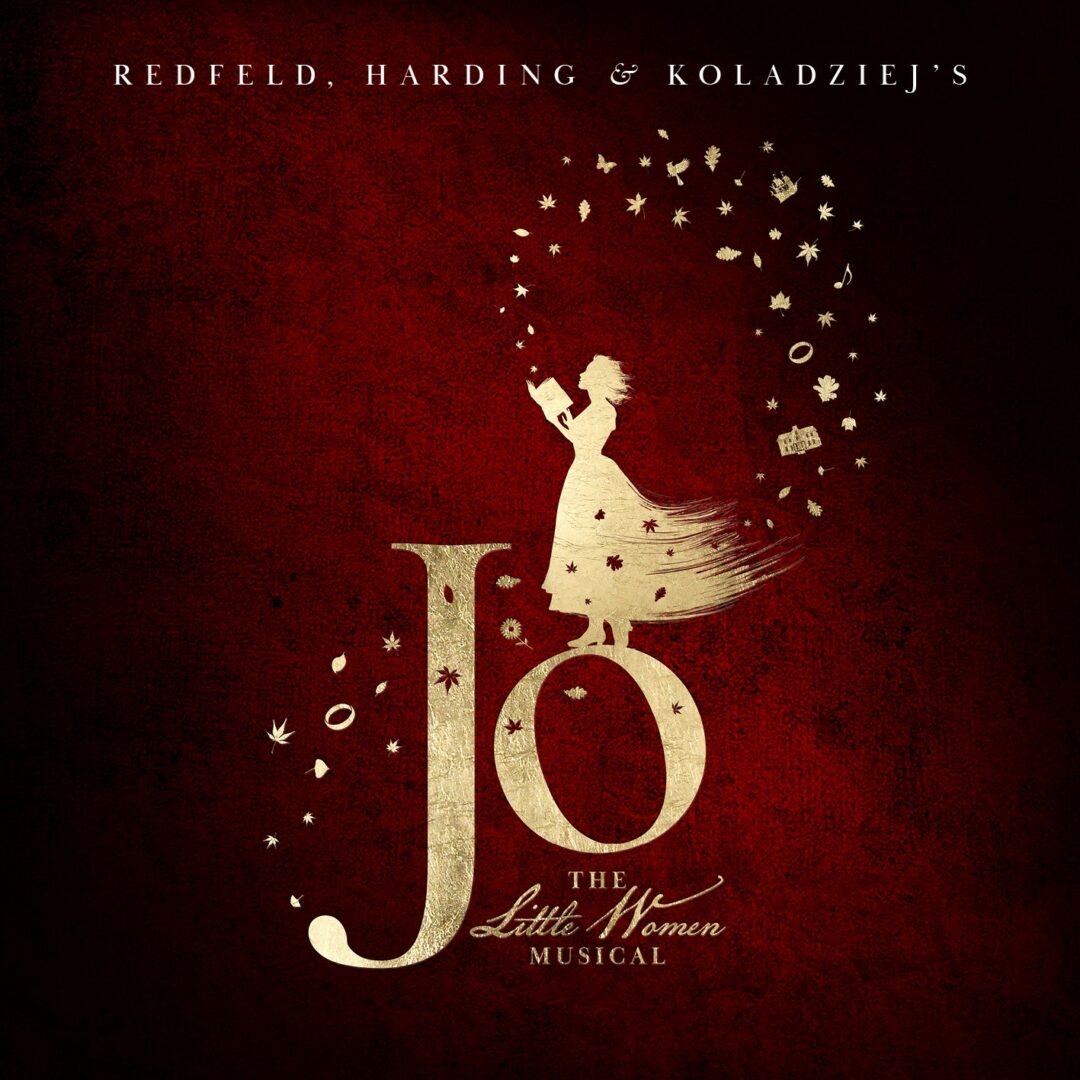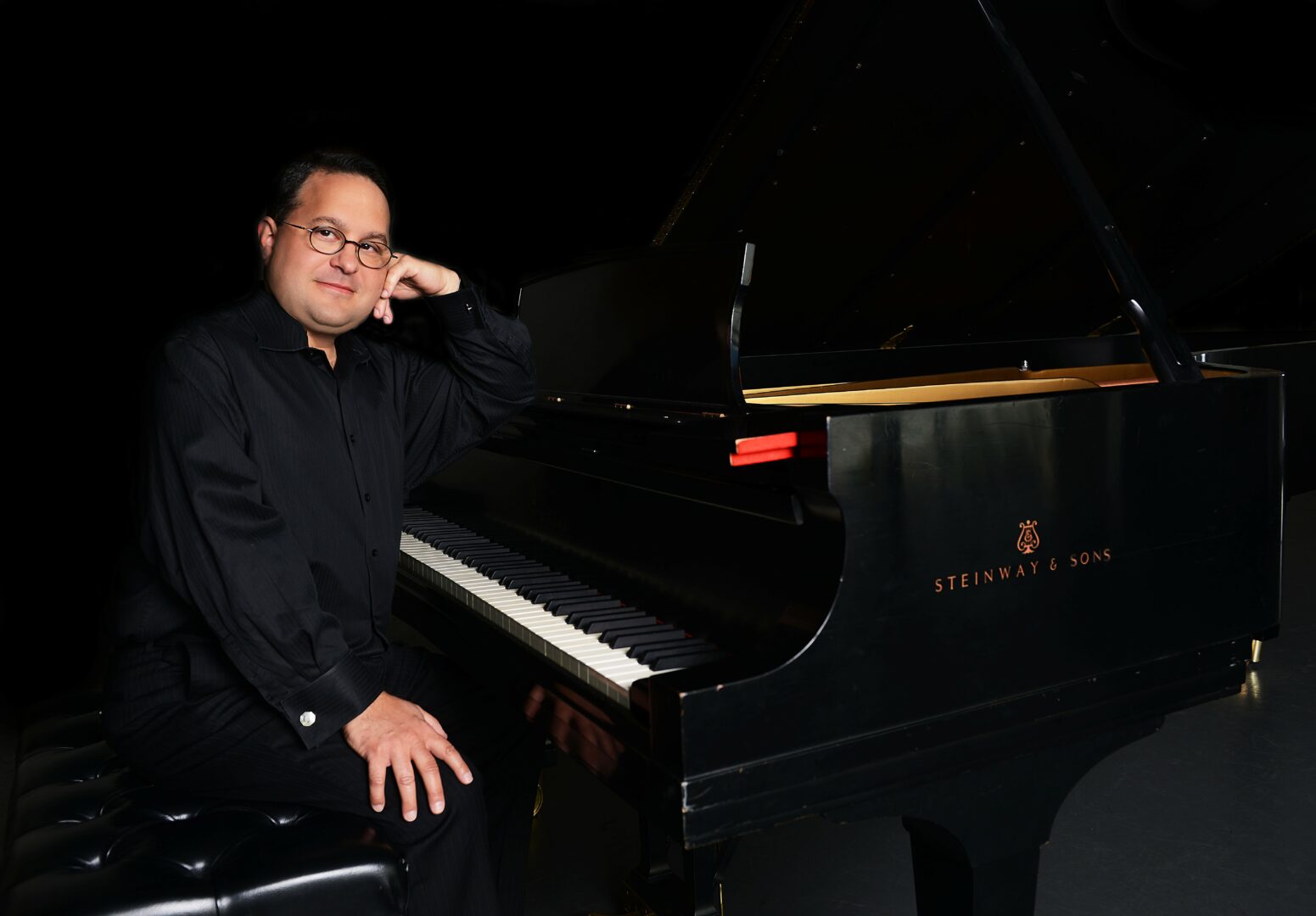We recently connected with Dan Redfeld and have shared our conversation below.
Alright, so we’re so thrilled to have Dan with us today – welcome and maybe we can jump right into it with a question about one of your qualities that we most admire. How did you develop your work ethic? Where do you think you get it from?
I find writing music to be a very exciting and fun experience. I write at the piano with pencil and paper and find it almost Zen. Quiet and very focused. So I look forward to it every day. If I’m conducting a piece, it’s the same thing when I score study. It’s quiet and focused again with pencils in hand. Just red and blue pencils versus a mechanical one for writing music!
So the work ethic comes partially from the joy I get from the focus. The other part comes from the fact that coming up with music is akin to working out a giant puzzle or tapestry, and the thrill of figuring out how to that come alive for the musicians I’m often writing for.

Let’s take a small detour – maybe you can share a bit about yourself before we dive back into some of the other questions we had for you?
I’m a composer and conductor who works in film, theatre and the concert stage. And it’s a crazy business. I also produce albums and function oftentimes as an arranger/orchestrator and pianist/music director. Which means I’m working with other people’s music beyond my own work.
And those are fun hats to wear. As an arranger, you’re taking something which already exists (and can sometimes be a song or piece which is VERY well known) and having to figure out how to put a new spin on it. It’s challenging but again figuring out the puzzle is joyful. The same can be said conducting major classical works or musicals or opera. I have to get into the composer’s head and figure out their intentions. And then lead a group of musicians (an orchestra or choir or a pit band and cast, etc.) and create a performance for an audience.
In rehearsal, I often spend time on blend and balance in the orchestra or voices. We work through how the music will be phrased and what I’m feeling the character of the music needs to be conveyed to the audience. A conductor or music director also needs to be schooled in performances practicing. For example, Baroque music requires a whole different set of rules than let’s say music from the Romantic period. And it also requires a knowledge – when working with vocalists – of how the voice works and how to use and modify vowels to create the most beautiful and resonant sound possible. But the main thing a conductor does during a performance is making all the musicians agree to where I think “The Now” occurs. And I what I mean is the baton or my hands indicate where I feel every beat or moment occurs – The Now in time. And you have to make 10 to 100 people all agree with you.
As a composer or orchestrator, I also have to have an understanding of harmony, counterpoint, what we call voice-leading (how the individual notes in a harmonic progression move from one chord to the next so that it sounds good to the ear), the physics of orchestration and a deep knowledge of each instrument works as well as the individual colors or timbre they possess.
You can listen to many of the albums I’ve produced/arranged/orchestrated on Spotify, Apple Music, etc.
And please listen to my song cycle, A Hopeful Place, for soprano and chamber orchestra.
The most album I produced was for my musical adaptation of Little Women. The show is entitled Jo – The Little Women music with a score composed and orchestrated by myself and book and lyrics by Christina Harding and John Gabriel Koladziej. It can also be found on all streaming platforms and at CenterStageRecords.com. The album was conducted by myself at Abbey Road, Studio 2 (The Beatles Room) in January of 2025. The album features an all-star international cast. The next steps for the show will be a concert staging in London in early 2026 followed by a full production in the West End in 2027.
Looking back, what do you think were the three qualities, skills, or areas of knowledge that were most impactful in your journey? What advice do you have for folks who are early in their journey in terms of how they can best develop or improve on these?
I think a love for what I do is key. Music is akin to oxygen for me. If you don’t love it like that, don’t go into this business! A thirst for knowledge is second – I find composing truly a magical experience. And as a classically-trained pianist/composer/conductor, you never fully master music. You’re always learning. That’s the joy. Even coming back to a piece as a conductor can be akin to peeling an onion. You often find new things in a work which makes the next experience bringing it to life even richer.
And lastly, a strong work ethic. Again, I am writing 52 weeks a year and never get bored with it. I’m always looking forward to the next job and what’s on the desk before me. I rarely have time to look backwards.
For anyone wanting to writing music – particularly for film or the stage – I strongly recommend being proficient on an instrument, going to music school and getting a solid foundation and above all, studying the repertoire. Not just contemporary film scores, for example, but the music of Bach, Beethoven, Brahms, etc. These are the masters. And understanding ballet and opera also helps as that is essentially the great dramatic music prior to cinema.
And take EVERY job you’re offered. You never know where is will lead to.
But always studying and learning.
To close, maybe we can chat about your parents and what they did that was particularly impactful for you?
The never pushed me but supported my love of music.
I made myself practice piano for 5 hours a day without being told to do so.
The one thing – and I think most children experience this – is early on when you’re beginning lessons on an instrument (mine was piano) you have to learn to read music. It’s a language. But it can be daunting at first. I wanted to play things that were more advanced that my technical level.
Fortunately I had parents and A TEACHER who let me try those more difficult works. And when I feel on my face, it angered me and made me more resolved to become a great sight-reader and developed a regiment for practicing every day. When I became serious about writing music around the age of 10, that focus spilled over into writing music. I spent an additional 5 to 6 hours a day on weekends composing and writing everything down.
My parents also got me a counterpoint and composition teacher when I was about 11 and bought me books on orchestrations, etc.
I feel strongly that parents need to nurture talent but not helicopter parent.
Contact Info:
- Website: www.jothemusica.com or www.danredfeld.com
- Instagram: @jothemusical
- Facebook: https://www.facebook.com/BearworksMusic/
- Youtube: https://www.youtube.com/@jothemusical
Image Credits
Photo by Rosi Berk
Jo logo designed by Robert McKenzie
so if you or someone you know deserves recognition please let us know here.




